Meet Matt Conant | Writer/Director & Author
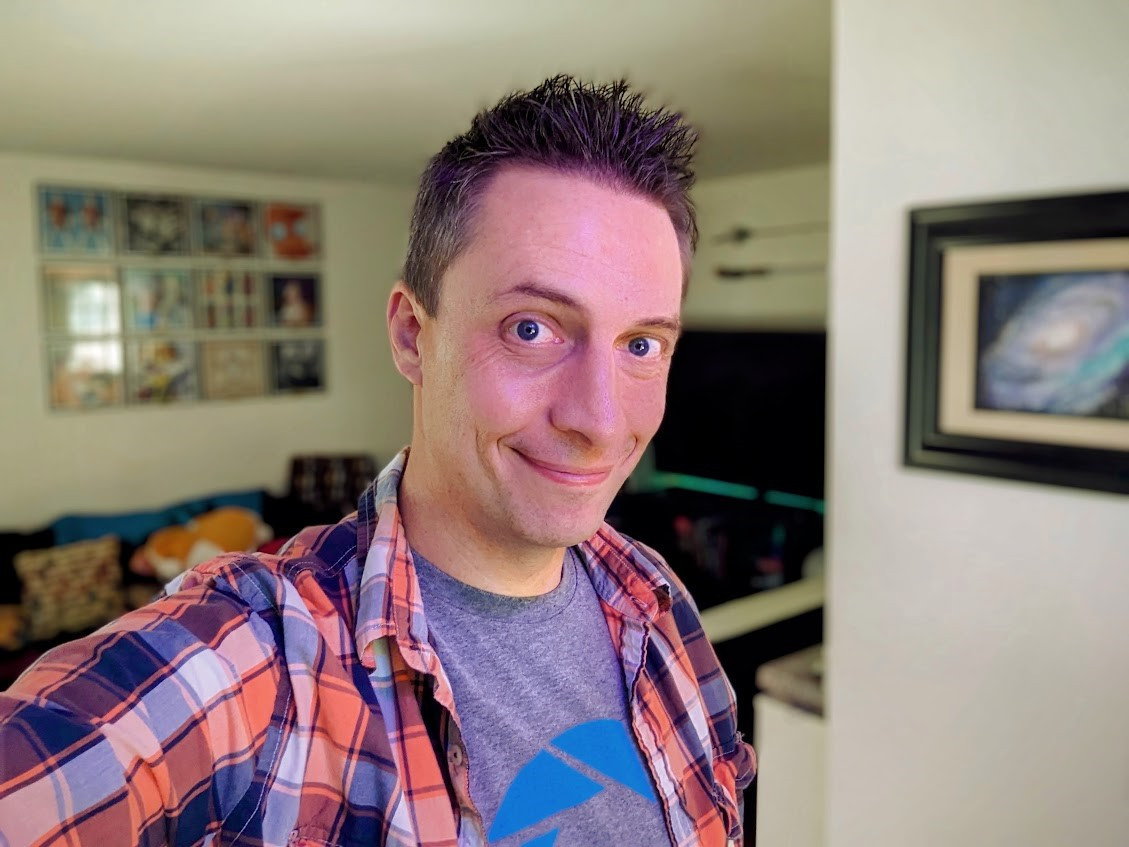
We had the good fortune of connecting with Matt Conant and we’ve shared our conversation below.
Hi Matt, how has your perspective on work-life balance evolved over time?
I don’t look at things in terms of work/life balance, because that implies they are separate items and one can only grow at the expense of the other. I once heard the term “work/life harmony” and liked that a lot better, because to me, when one grows, the other grows. I hope this doesn’t make me sound like a workaholic (I might be that too by some definitions), but that’s not really what I meant. I really enjoy what I do, and I think in the world of film and television, you have to. It’s more of a “if you love what you do, you’ll never work a day in your life” situation.
Whenever I find myself with a piece of available time, I generally create another project for myself, whether that’s a world for a TV show, a movie outline, an idea for a tabletop role-playing game. I also have a ton of anxiety, so while I enjoy working on these things, if there’s ever too much time spent not working on something – say, a week where all my down time goes towards playing a video game – my anxiety ramps up and won’t settle until I’m working on something creative of my own again. I also try to work with friends whenever possible, otherwise me working will mean I disappear behind a computer screen for months and grow giant nocturnal eyeballs. My primary writing partner is my significant other, and she loves writing, worldbuilding, and character creation too (and she’s excellent at it), so that helps a lot.
Early in my career, I probably spent more time working on projects I didn’t necessarily love.. But I definitely made sure that even when I wasn’t doing exactly what I wanted, or not getting paid what a project was worth, that I was learning skills I wanted to learn anyway so it still felt like building a career and not just “doing a job.” In my down time, I’d work on creative things like shooting independent features that would probably stress other people out. But my brain doesn’t let me rest.
Film is also extremely collaborative by design. You can’t make a film alone. Or you probably shouldn’t anyway. So over that same time of working on projects not of my choosing, I made contacts, built a network of creative pros I wanted to work with again and again, and my work (and theirs) got better. So each project, somebody would see that, and respect my opinion a little more, and gradually, the projects being offered to me began to resemble projects I wanted to work on. It’s not always guaranteed of course, but it helps to stake out a wheelhouse you’re comfortable in and let creative work find you there if you’re trying to maintain a balance you can be happy with.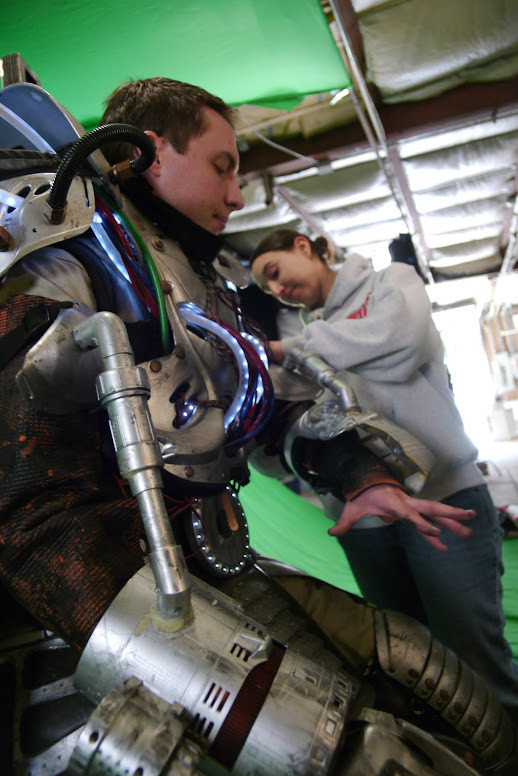
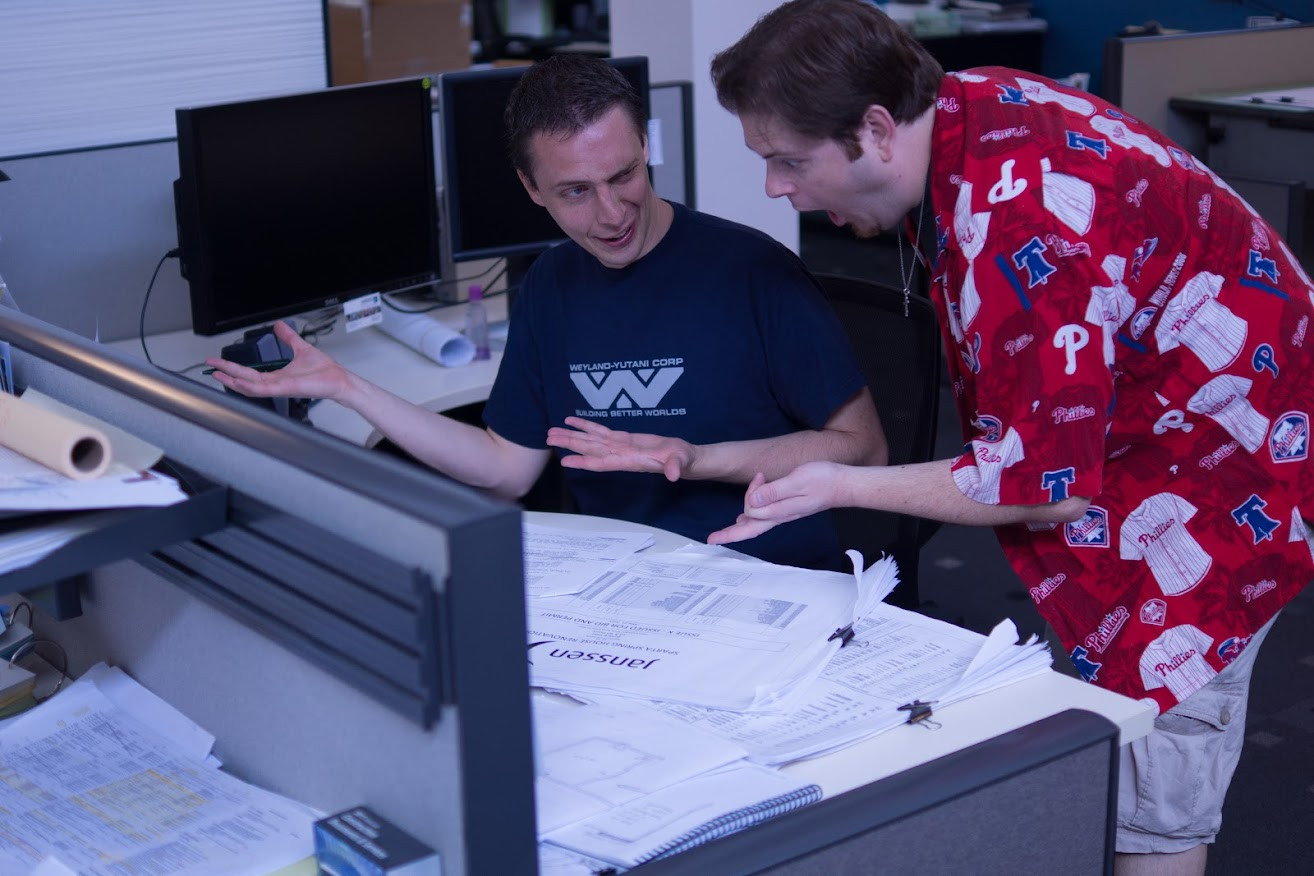
Let’s talk shop? Tell us more about your career, what can you share with our community?
Nothing about being an artist is easy. It’s just a thing most artists I know feel like they have to do. It’s rewarding when a project comes together, but it’s a lot of long hours and hard work and many people assuming that “because you love it,” you can or should just make art for them, often for free or virtually free. It’s easy to go into debt for your art. So I’ve learned over the years that picking and choosing your projects, your collaborators, and your time commitments is extremely important. At this point, a project should be either lucrative, teaching me something I’ve been meaning to learn anyway, or fun. If it’s none of the three, I quickly wonder why I’m working on it.
I’ve also had to become comfortable with self-promotion, even though I hate it. I know many extremely talented artists (writers, painters, illustrators, actors, etc.) who will never be successful because they don’t like talking about what they do. I’m naturally an introvert, so pushing myself to reach out to clients, to ask questions when I didn’t understand something, to speak in front of large crowds, to command the attention of a room, or to talk passionately about a project I’m working on, does not come naturally to me. Every time it gets a little easier. There’s nothing like running a film festival (Project Twenty1 and The Philadelphia Film & Animation Festival) for ten years and introducing every screening on stage in front of hundreds of people to help you get over your stage fright. If I hadn’t done that, I’d probably never have gained the confidence to walk into Netflix or Amazon and talk about some dumb thing I wrote that I think is actually perfect for their network.
I’m most proud and excited of the fact that I have a brand these days, and a style people recognize. I’ve worked on such a diversity of projects over the years, for such a diversity of clients, that it took me a while to hone in on my own voice, and I feel like I’ve finally found it. I make smart comedy, and genre content (genre here meaning, sci-fi/fantasy, etc.) and often a blend of the two. I made a web series called “Nerd vs. Geek” about a MENSA chapter and a gaming group forced to come together when they become Craigslist roommates. I’m a writer on Mystery Science Theater 3000, which is a comedy, but set on a spaceship. I created an animated kids show about the first family on Mars (no, it never made it to air). I add video game jokes to nearly everything I can, and I’m now working on two different tabletop role-playing games, and writing a podcast set in the universe of another RPG. So people working with me or hiring me find me because they know the sorts of things I want to work on and that makes starting projects a lot more fun and a lot less daunting.
The other reason my creative voice is important to me is that it has helped me overcome that fear so many artists struggle with that somebody will steal my ideas. Every idea has been done before by somebody somewhere. At least in film, people hire you as much or more for your voice and the perspective you bring to an idea as for the idea itself. And in television, people also want to work with people they know and like, because often, hiring you means having to sit in a room with you every day for eight months or so. So I’m happy my sort of nerdy vibe is resonating with the right people, and those people have started to learn where to find me.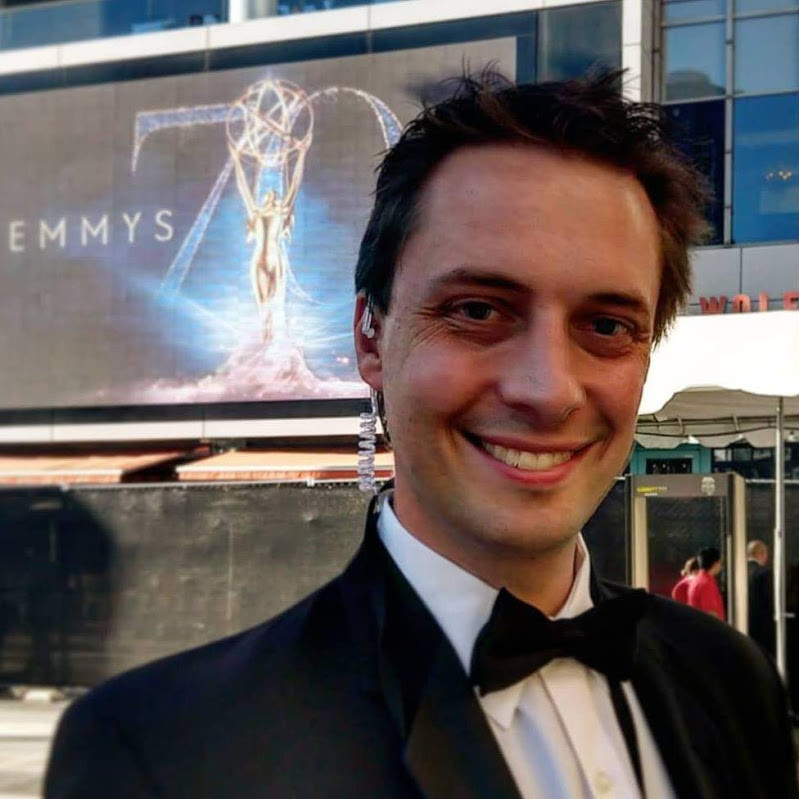
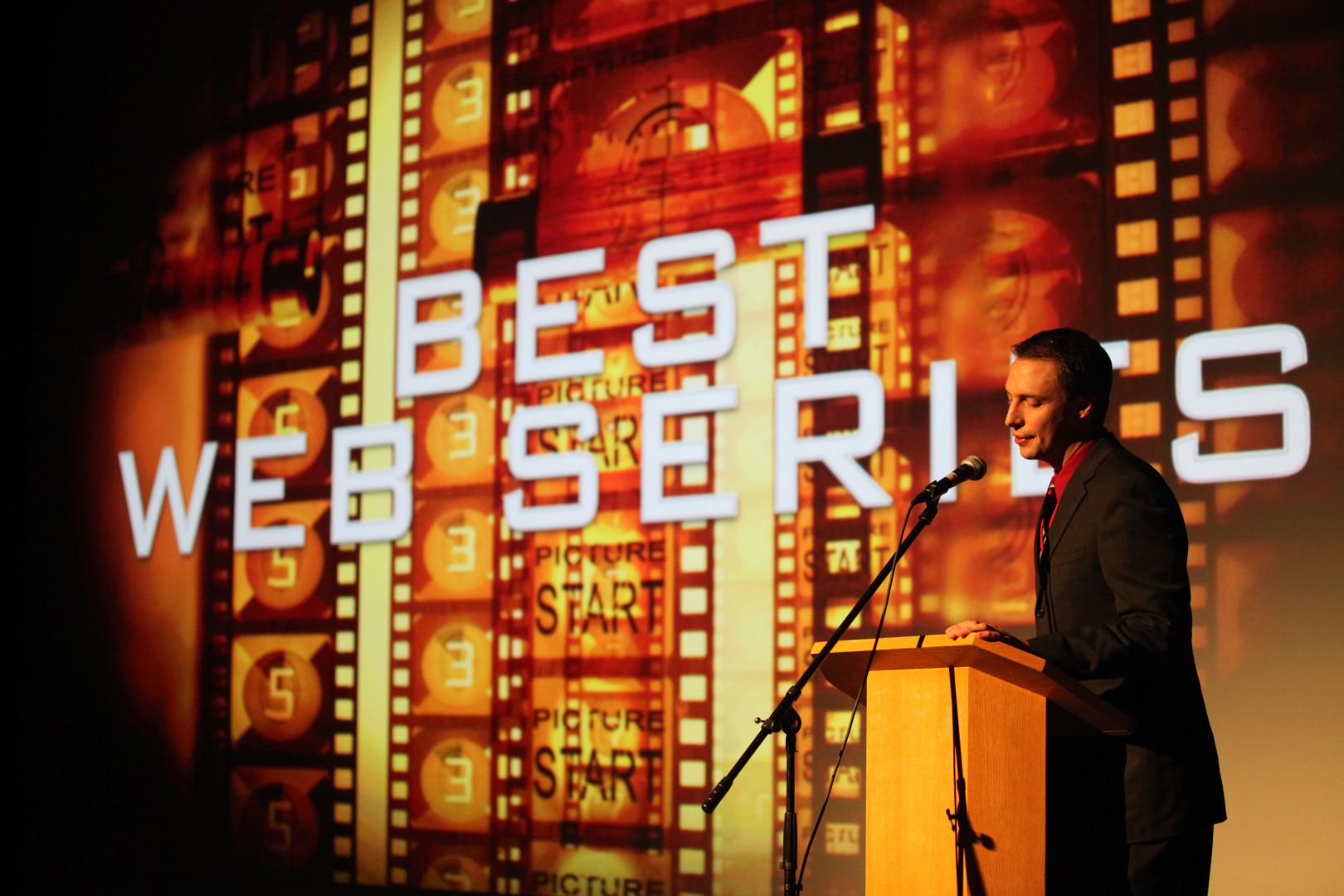
Let’s say your best friend was visiting the area and you wanted to show them the best time ever. Where would you take them? Give us a little itinerary – say it was a week long trip, where would you eat, drink, visit, hang out, etc.
This has happened a lot! I moved about 6 years ago from Philadelphia, and L.A. can be overwhelming in terms of scale, but there really is something for everybody. It depends on the friend of course. I have some friends more into nature and others more into sitting around playing board games. But overall… my favorite parts of LA are the amazing things that can be done on a budget. Sure, there are world-class restaurants and shows at the Hollywood Bowl and tons of sporting events. But my favorites (as an artist) are things that can be done on a budget.
Griffith Observatory is free and amazing, not just for its views of the Hollywood sign and the entire landscape of LA but as a space museum. The California Science Center is wonderful also. I love Point Dume as a beach hike, or any trail with a waterfall, of which there are plenty after the last couple of years’ storms. I love immersive events and escape rooms too, but of course you can only do each of those once, so I’ll curate them for the particular friend that’s visiting. I love Universal Studios, and the backlot tour kinds of things, and I’ll usually show people Hollywood Boulevard just because you have to see it once and most people want to. I love the Magic Castle too, and that every time you go, you get a different experience. Venice Beach and the canals, Joshua Tree, Vasquez Rocks. For food and drink I usually keep it simple because it’s easy to spend a fortune on food in this town. Fortunately, I’m a night owl, so I like Rocco’s half-price pizzas after 10pm (I go to the one on Ventura Blvd), and then sitting around talking or playing board games.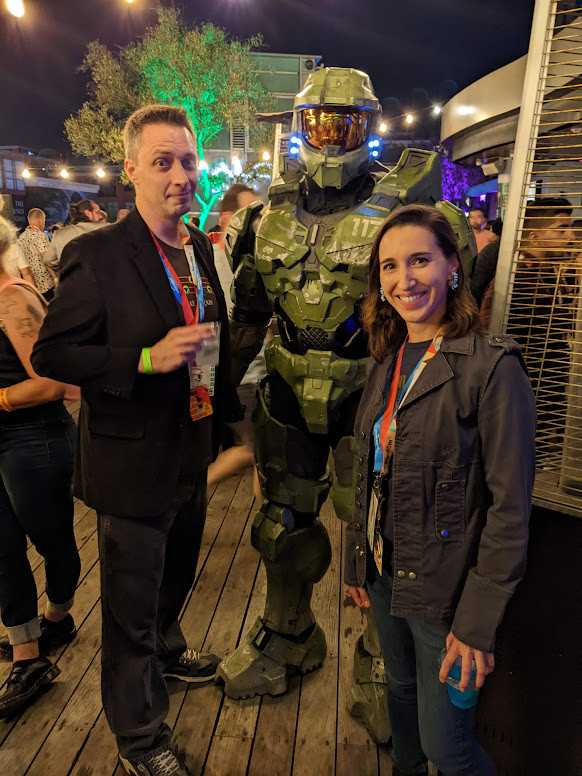
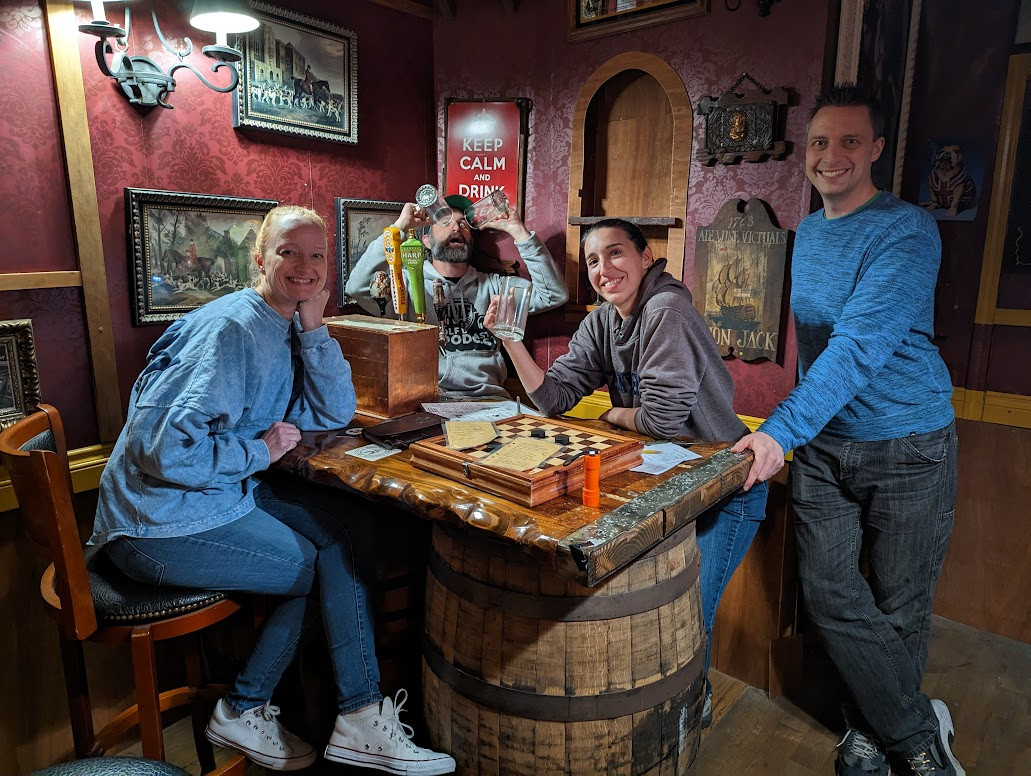
Shoutout is all about shouting out others who you feel deserve additional recognition and exposure. Who would you like to shoutout?
I owe a lot of what I have today to many others in my life. My parents were always supportive, even when my choice of creative entrepreneurship meant sometimes struggling financially, or living in neighborhoods they probably wished I didn’t. They knew I was happy, and doing what I loved, and would always offer any support they could. It probably helped that they both had creative careers as well.. Both had been teachers at one point in their lives. My mother was a silversmith, and my father was a classical music announcer on the radio in Philadelphia for my entire life, until his retirement. I’m grateful every day that my father is still there for me to this day. I recognize not everybody has that, and I’m extremely fortunate.
Additionally, my first boss, Joe Hannigan at Weston Sound & Video in Philadelphia, always felt like more of a mentor and a friend than a boss. I think he was even taken aback once when somebody new was on a video shoot with us and I introduced him as “my boss” because I don’t think that’s how he saw it either. He taught me a lot, and was always patient with me as I learned the ropes, or on occasions where I did something stupid, which I’d like to think were few and far between.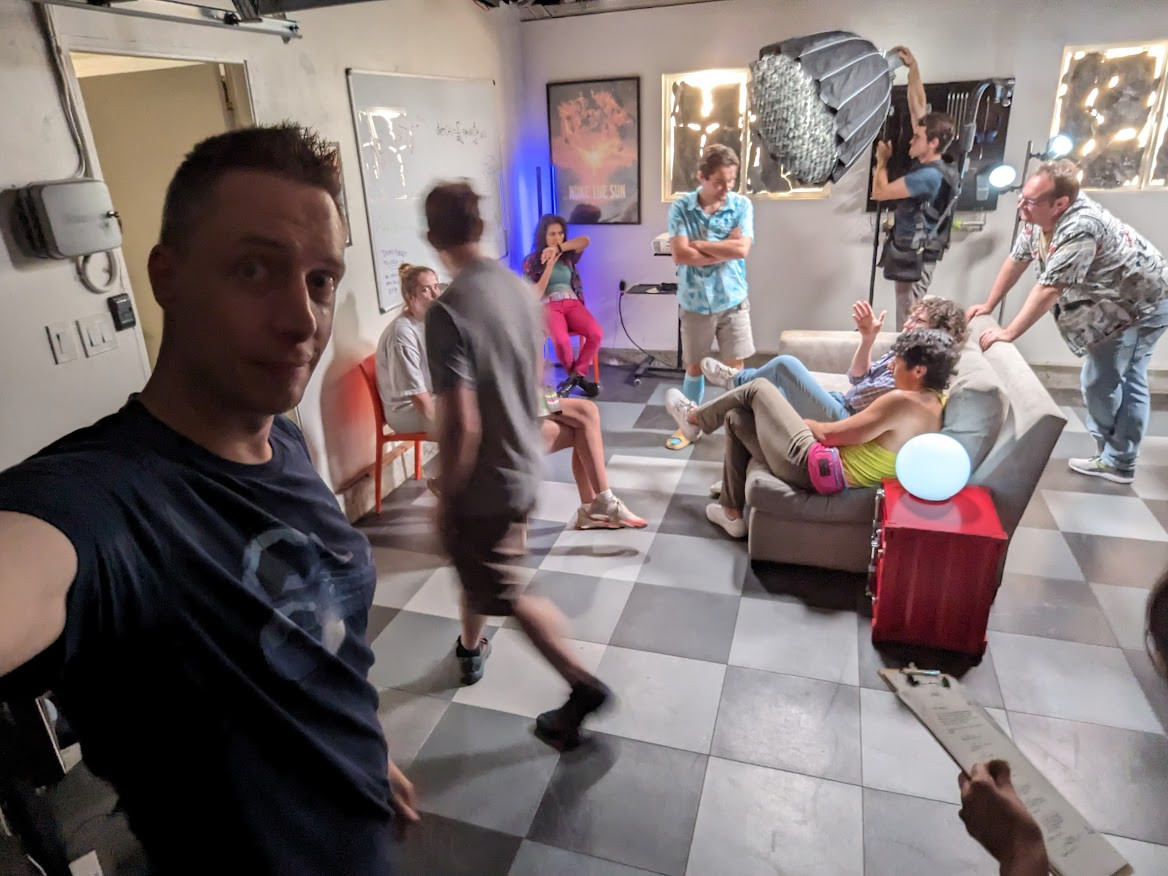
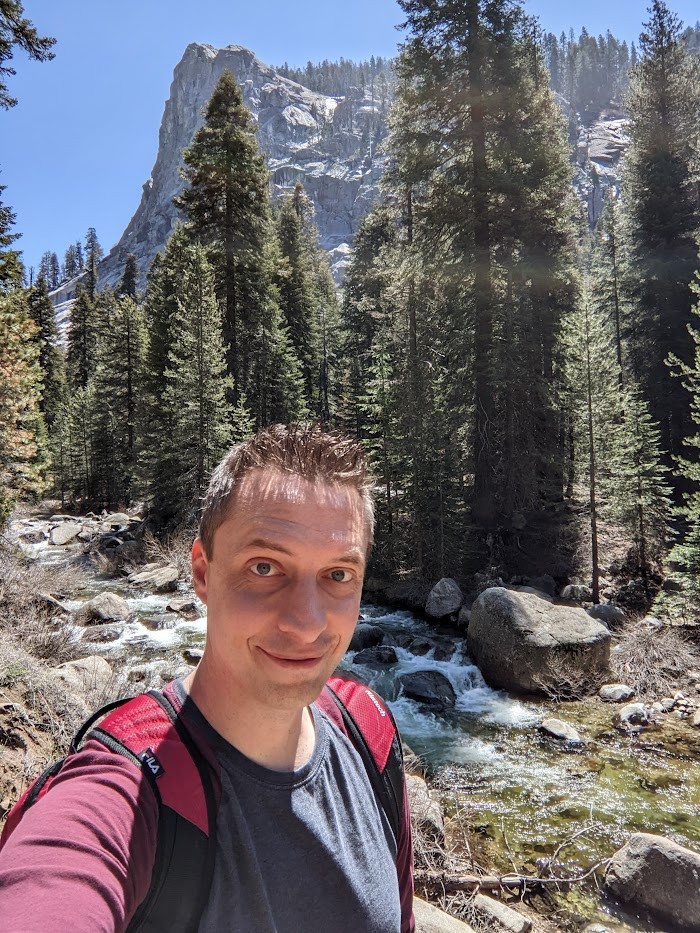
Website: www.cinevore.com
Instagram: instagram.com/cinevorefilm
Linkedin: https://www.linkedin.com/in/mattconant/
Twitter: twitter.com/cinevore
Facebook: facebook.com/cinevore
Youtube: youtube.com/cinevorefilm
Other: patreon.com/cinevore
